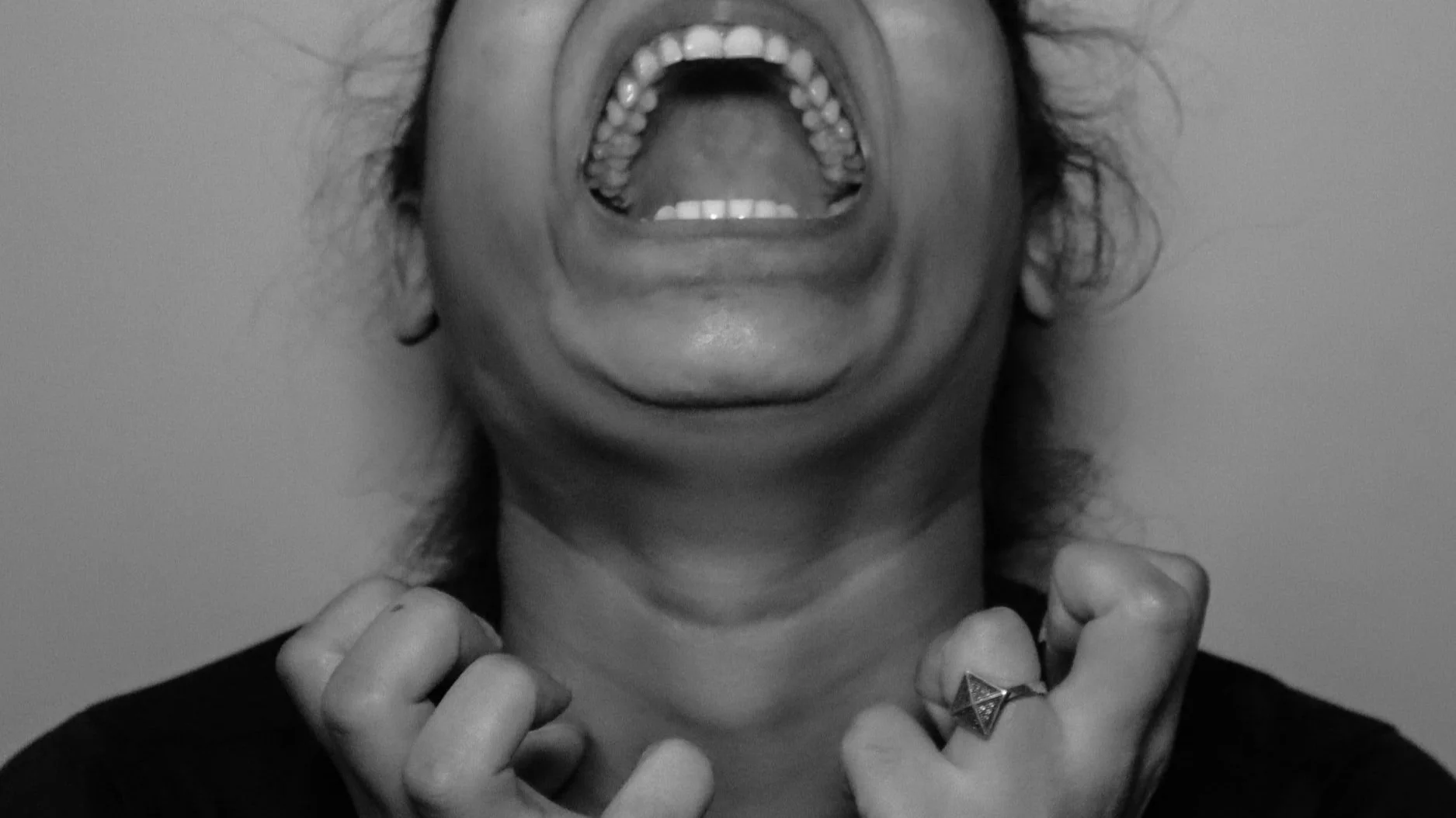"Triggered": What Is It? And What Can You Do About It?
What is “Being Triggered” Anyway?
One way of describing being "triggered" is when a moment in the now is bringing something up for us that isn’t directly connected to that moment itself, but the moment is pointing towards something else (often a past event), and what's it's pointing towards is distressing for us.
We might not even be able to recognise this distress due to coping strategies, so that we don't even recognise that we're triggered. This means it is sometimes easier to know when someone else is “triggered” compared to being aware of when we are becoming triggered ourselves.
When we are triggered we can seek to deny this and instead point the finger at the other person, accusing them of being triggered or overreacting.
Often, both people are triggered in some way at times like this.
This can be confusing, but there are ways to get some clarity.
How To Know If We Might Be Triggered Right Now
Some early hints that you might be triggered include:
Repeatedly coming back to a recent moment or event in your mind.
Feeling flashes of strong feeling about the recent moment or event when you think about it. These feeling may be disproportionate to the actually moment itself.
Feeling compelled to do something about this recent moment or event, especially if that involves a threat-like response, such as: fight (arguing, attacking, acting out, needing to “win” etc.), flight (trying to not think about it, leaving, withdrawing, distracting self, becoming defensive), fawning (urgently trying to be liked, apologising, asking what can be done), freezing (mind going blank, struggling to think straight, not being able to find words), frolicking (impulsively acting out chaotically, sporadically, or unpredictably). These reactions can feel disproportionate to the moment itself.
There are many more! The key is these actions feels impulsive/reactive and are less a choice and more a coping strategy, designed to help return us to safety. They often feel disproportionate to the moment itself, which on the surface isn’t as threatening as we feel it is.
Again, be careful! We aren’t always aware that we’re triggered! So it's good to double-check, even if we're convinced that it's all on the other person. Especially if we're convinced it's all on the other person (fight/defensiveness)!
What Can We Do If We Might Be Triggered?
Well, we can explore! We can look deeper and see if there are any other signs that we are triggered.
Are there any strong beliefs activated in us right now?
This might include beliefs about ourselves, such as “I’m worthless”, or “I’m useless”, or “I’m unloved”. It might include beliefs about the world, like “the world is dangerous”, “the world is cruel”, “the world is unfair”. It might include beliefs about others, including certain demographics, such as “people are mean”, “x group of people are dangerous”, “y group of people are crazy”.
Be careful too, as we often project these feelings/beliefs into the other. We can feel as if they are saying we’re useless, when actually they’re just saying one thing hurt them a bit, and we are jumping to conclusions and activating a belief, or more accurately, a traumatic memory is high-jacking our feelings via a belief. That’s on us, not them! So, reflect: what do we think they're saying, and are they actually saying that, and if not can we reclaim this projection and own it as *our belief*?Once we take a genuine and curious audit of ourselves, identifying these beliefs, we can then ask: are these beliefs pointing me to any early memories where these beliefs might have come from?
For example, the belief “I am useless” might have come from a family member repeatedly saying this to us. The belief “the world is dangerous” might have come from a series of experiences we endured earlier in life that were genuinely threatening. The belief “x group of people are y” might have come from earlier experiences at the hands of this demographic, or, a regular supply of negative stories about this group from others over a long period of time (vicarious trauma). These memories, or regularly related stories, can ingrain a belief in our minds, and this is one way of describing the formation of “trauma”. This trauma can then mean that certain moments and events can “trigger” these memories and these beliefs.
“Avoiding your triggers isn’t healing. Healing happens when you’re triggered and you’re able to move through the pain, the pattern, and the story - and walk you way to different ending.”
What Can We Do If We Are Triggered?
Well, when we’re triggered, we can look towards the beliefs that are activated, own them, and look towards the memories they’re pointing towards, and own those memories too. Difficult, but doable.
At this point, it can be good to talk to someone who’s willing to just listen to your story about the memory, (not the triggering moment or event in the present!), and be with you in retelling that memory. This can be in itself very healing. Further, some gentle challenging of the beliefs/meaning that came from this experience can be helpful. The statement “At the time you felt…, but looking back now you know…” can be useful. to work with. For example, “At the time you felt your were totally useless, but looking back now you know that that was not true and there were many things you could do well.”
Journaling the original memory, writing it out and noting the feelings, can also be useful. Noticing the activated beliefs while writing can be healing. This can be difficult to do alone for some, so take care with this.
(A caution here when sharing your traumatic stories with others. Vicarious trauma is a thing. Relating a traumatic event to others can have an impact on the listener, can even trigger them too, so speaking to more than one person rather than telling the same person over and over, or related the story to a trained therapist, can be helpful. This can reduce the impact of repeatedly going into the traumatic memory on the unprepared listener. Being understanding if a person can’t receive the reactivity can be difficult, because we want them to help us feel safe, but it is worth keeping in mind, as trauma can trigger trauma.
What Do You think?
Feel free to comment using the comments section below.
What are some of your common triggers?
What do you do when triggered?
What has helped you cope with triggers?
NOTE:
There’s a lot more to trauma, and triggers, but this is just one line of consideration. Trauma is a very subjective, and very painful, process. The above is not conclusive, nor exhaustive, just one take on one part of the topic. There are many other takes, and many other parts, to trauma and triggers.
What Next?
Finding professional help for dealing with triggers related to trauma can help reduce triggers in your life. If you feel like therapy might be an option for you, you can contact me to set up a regular appointment, book a session with me now using my online scheduler (no wait), or you can find out more about me or explore my website. I am available for sessions both online or in Bristol.
Alternatively, you can try some of the self-help books below.



